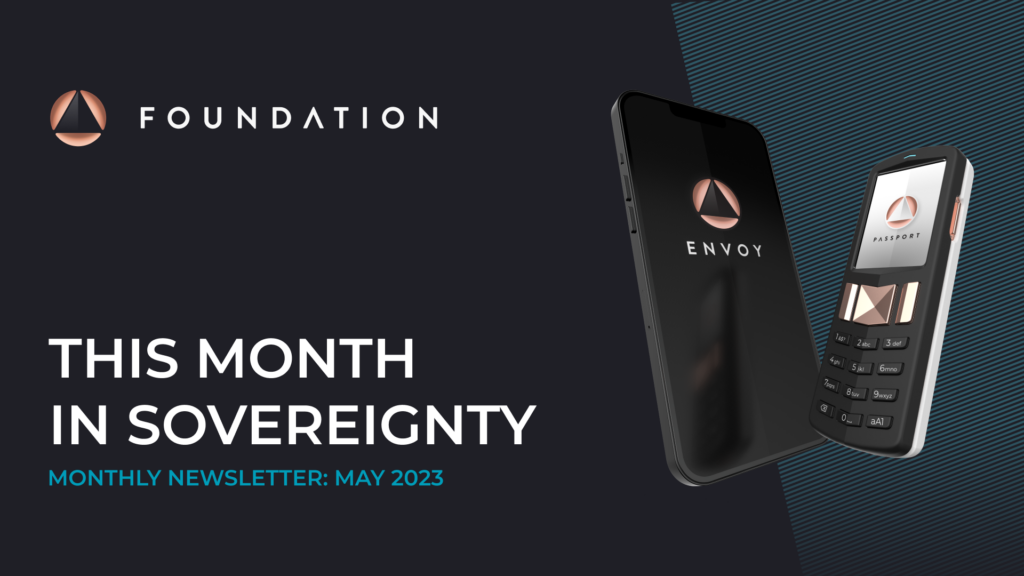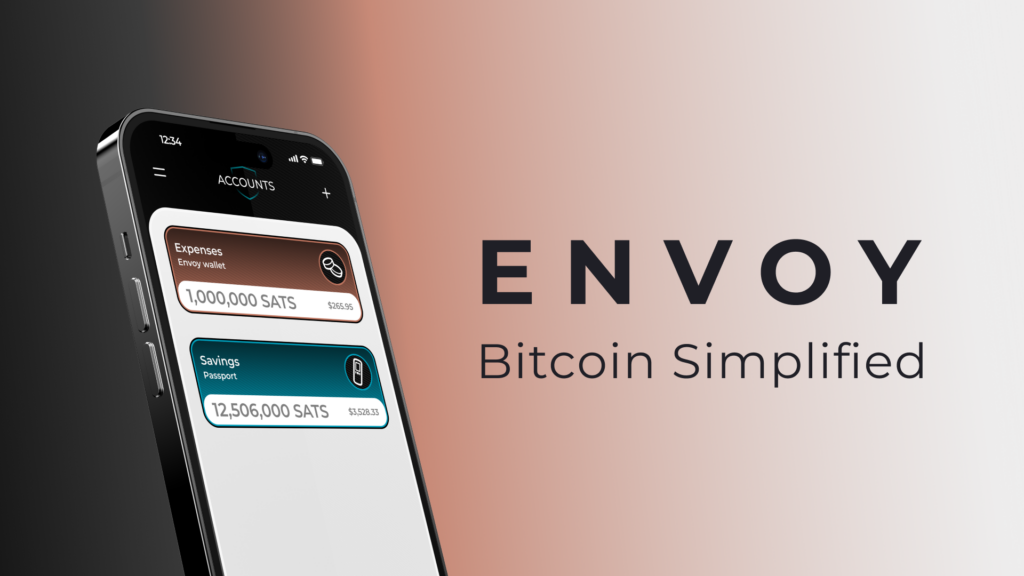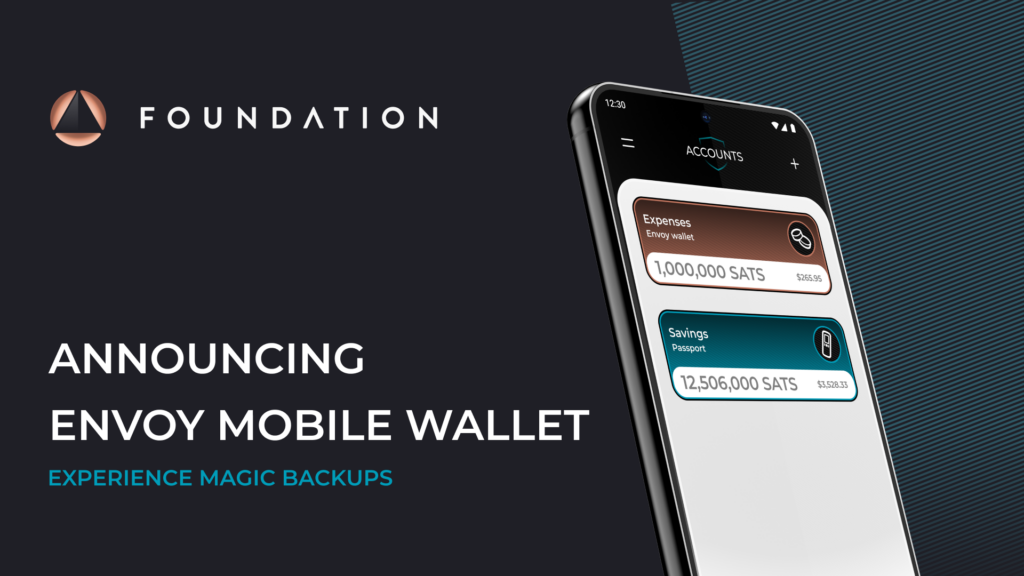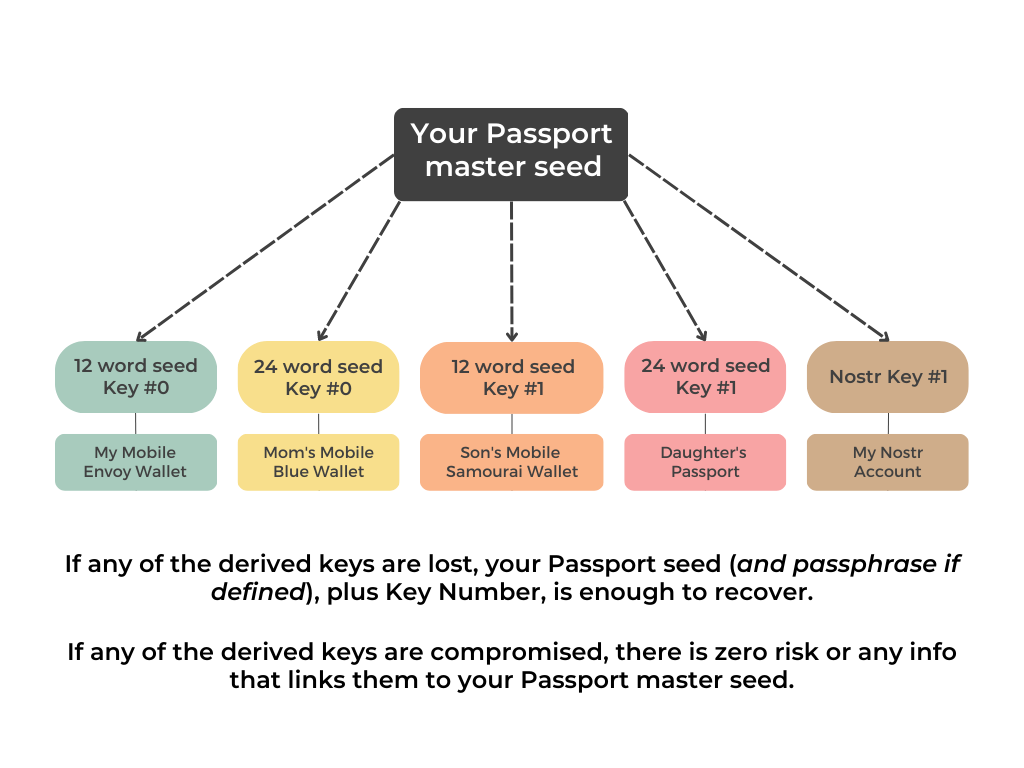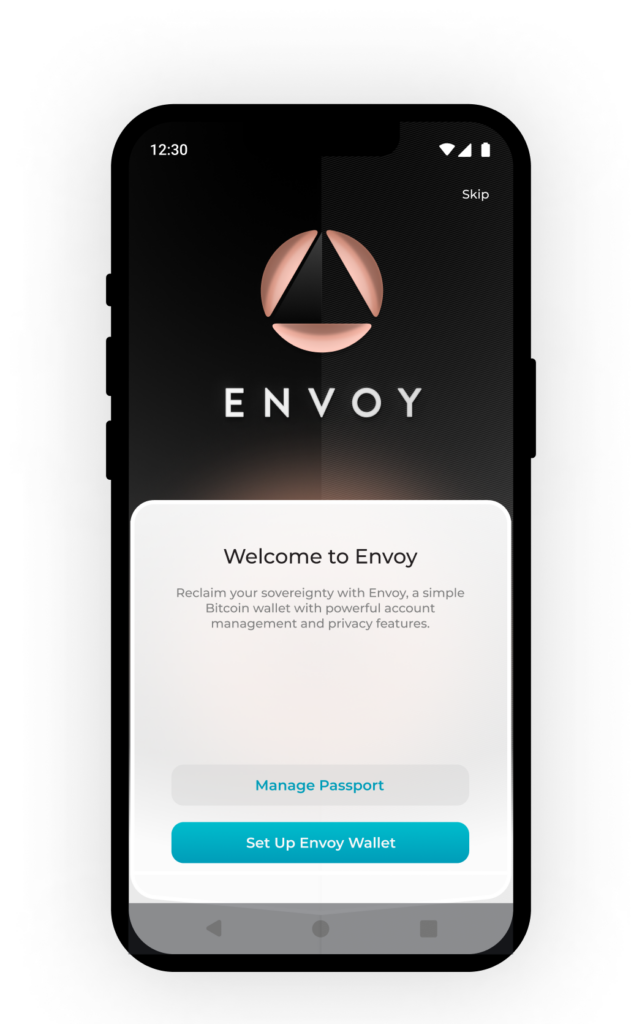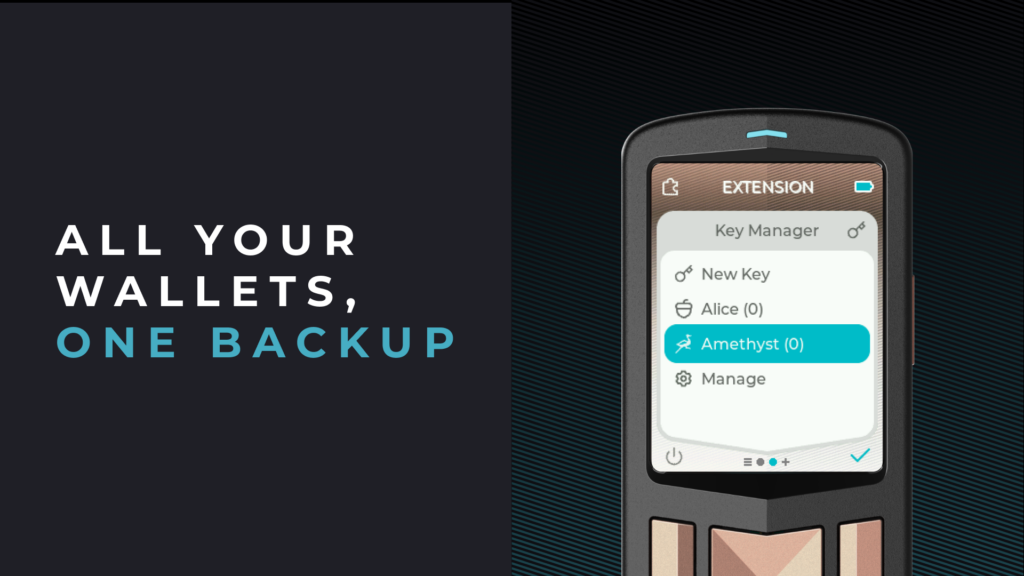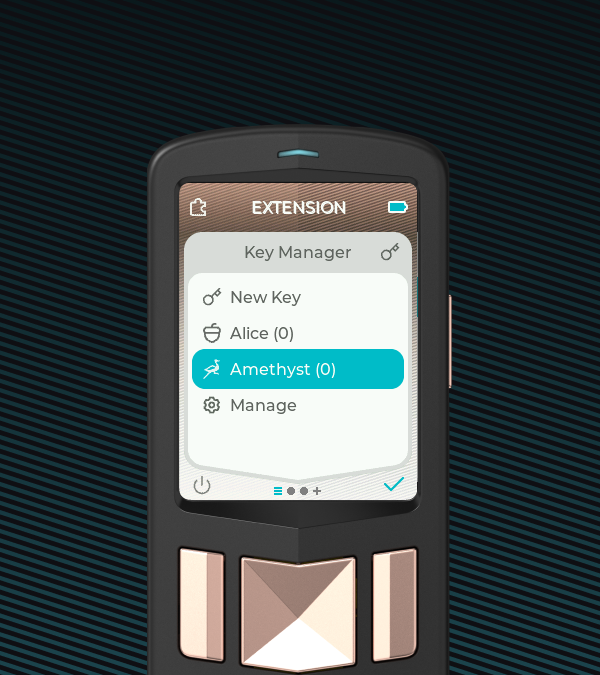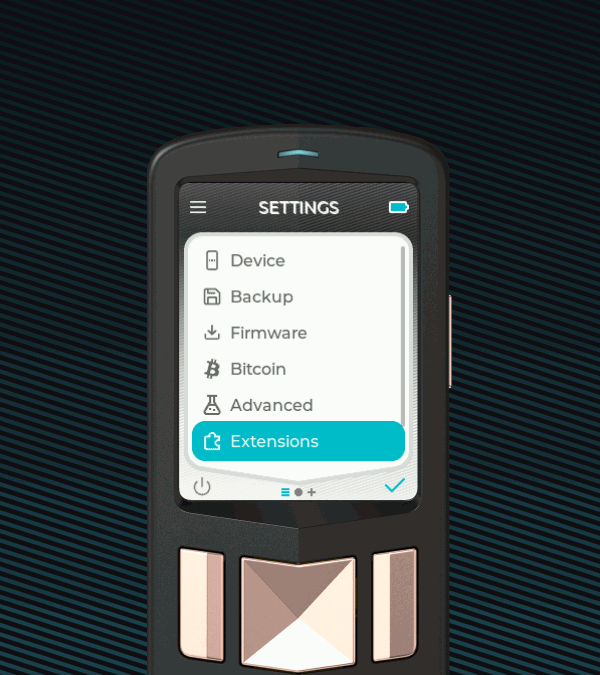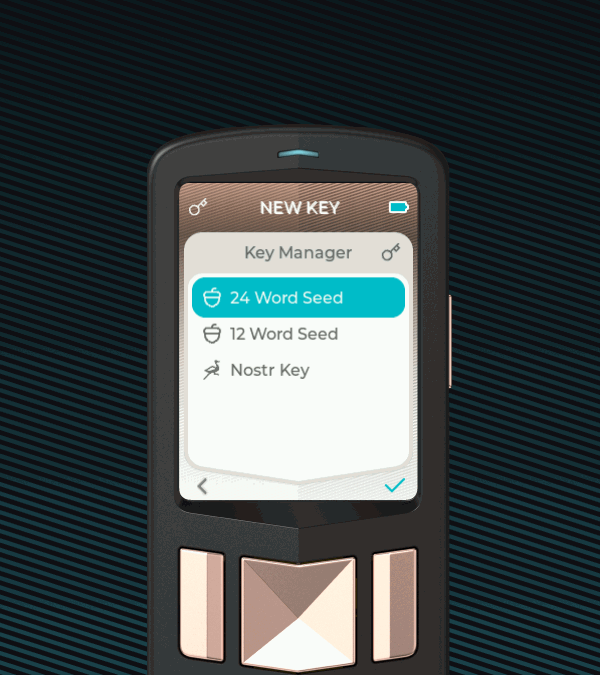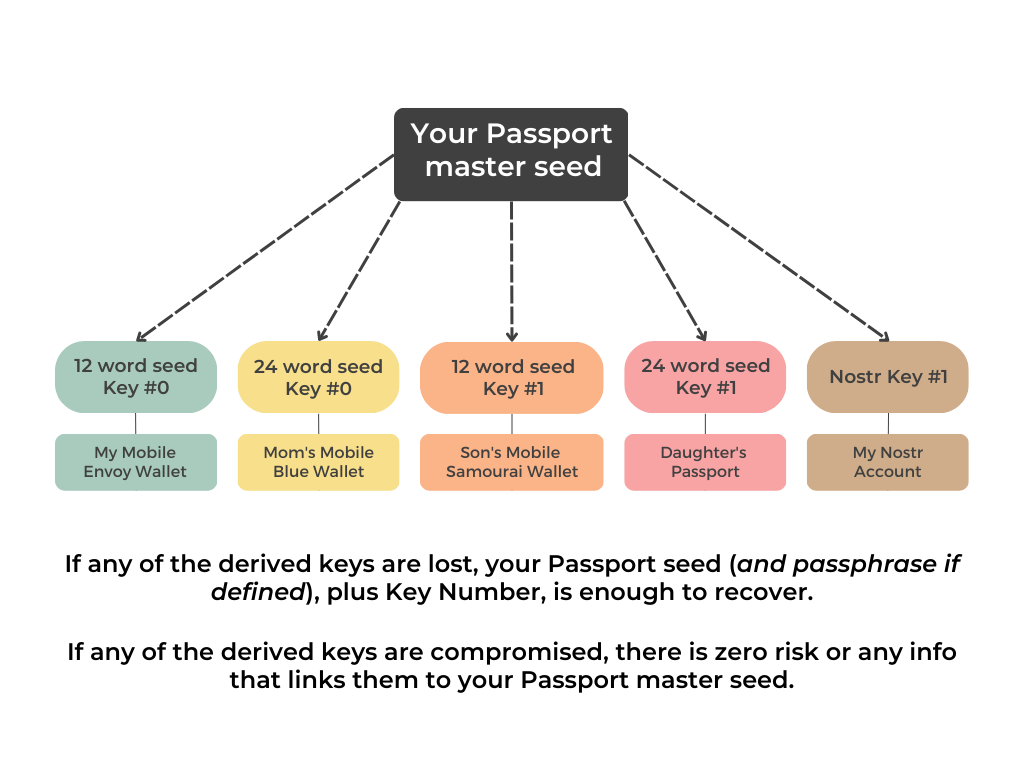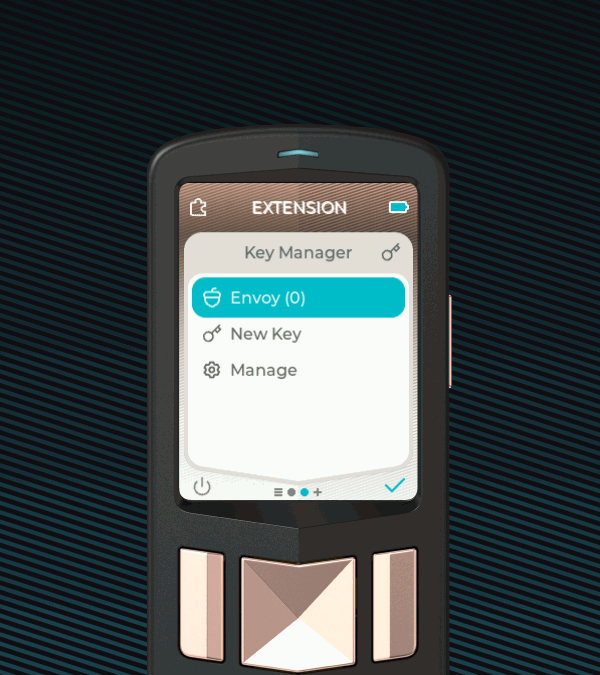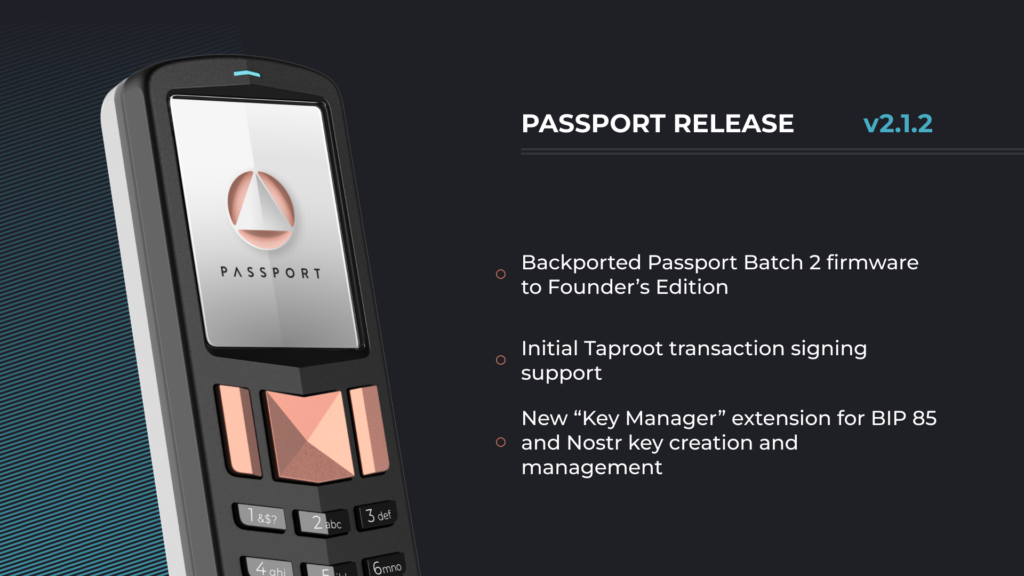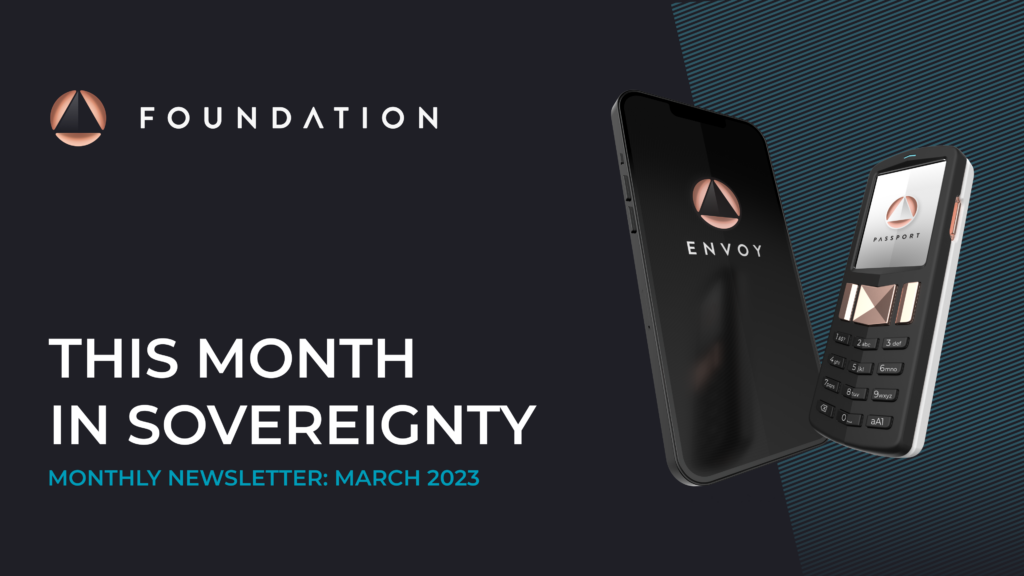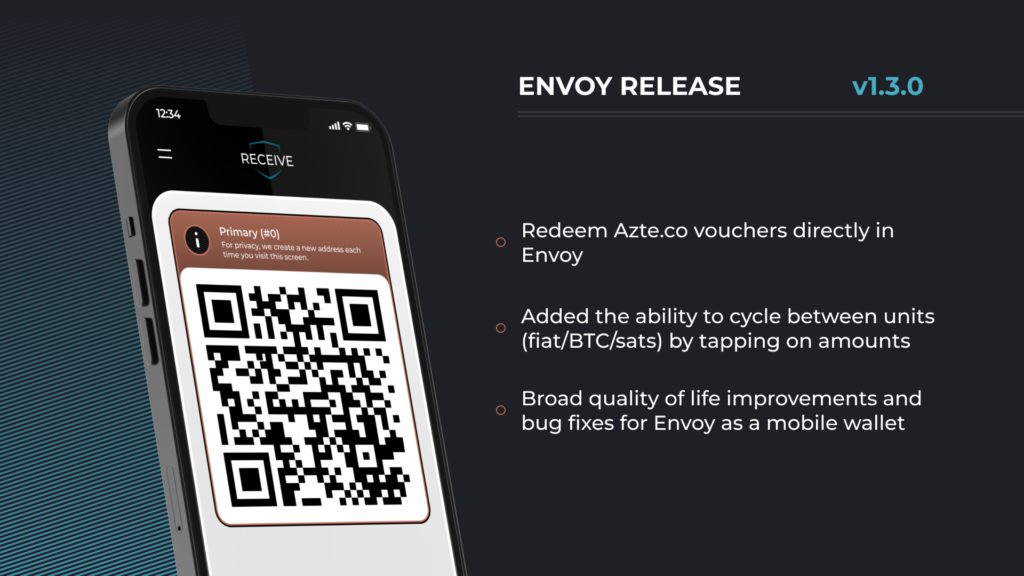
We’re excited to announce that the latest version of Envoy – 1.3.0 – is now published on all your favorite mobile platforms! To download it, simply visit our download page or check for updates on your platform of choice.
Please note that there can be a lag from publishing to general availability due to Apple App Store and Google Play Store review policies and delays.
What’s changed
In this version of Envoy we’ve implemented the ability to redeem azte.co vouchers with a single QR scan in Envoy directly to your mobile wallet, added the ability to cycle through units by tapping on amounts, the ability to update Founder’s Edition devices directly from Envoy, and focused heavily on refining user experience for Envoy mobile wallet users.
With the release of our last major version of Envoy, we transformed Envoy into a standalone Bitcoin mobile wallet with powerful account management and privacy features in addition to its role as Passport companion app. With that came many new screens and features, so we’ve taken this release to focus on iterating and bringing many bug fixes and quality of life improvements for all our fantastic Envoy users.
As you may have noticed, we’ve skipped v1.2.0 and jumped straight to v1.3.0 as we realized we had too many important changes to be made during the beta period for v1.2.0. As a result this changelog includes all major changes introduced in v1.2.0 as well, so it’s extra long and extra exciting.
For more details on each of the changes, keep reading below!
New Features
- You can now redeem azte.co vouchers directly in Envoy with just a few taps!
- Getting those no-KYC sats directly from Azteco just got much easier, as you can simply scan an Azteco voucher QR code and sweep the funds directly into Envoy by scanning the QR code from any screen ????
- Azteco allows you to buy Bitcoin vouchers from your local corner store just like you’d top up a pre-paid phone plan. Buy with cash and get Bitcoin directly in your mobile wallet or cold storage for one of the fastest and most private ways to acquire Bitcoin out there.
- Added the ability to cycle through units (fiat/BTC/sats) by tapping on the amount when building a transaction.
- Those of you rocking Founder’s Edition devices can now update within Envoy, just like with our latest Passports!
- Malaysian Ringgit added as supported currency – Hi Malaysia!! ????????
Improvements
- Rearranging accounts has been completely rewritten and is now sexier and smoother than ever before! Organizing your accounts has never been so satisfying.
- Added prompts to help users find features that could otherwise be hard to discover. These can be easily dismissed as you learn more about using Envoy.
- Added a warning if Envoy’s mobile wallet contains more than $1000, reminding the user of the danger of keeping lots of funds on a mobile wallet.
- Updated the look of the account cards, adding a bit more elegance and refinement.
- Updated the way decimal units of fiat values are displayed when typed in the Send screen.
- If you lose internet connectivity while on the go, Envoy will now update balances instantly without needing to refresh the app when connection is re-established.
- Sent transactions will now displayed instantly, instead of waiting to hear from the Bitcoin node you are using in Envoy.
- Improved how we display progress when scanning animated QR codes during the Passport connection flow.
- Swapped the send and receive button locations to be more logical, and improved the appearance of the QR scanning button.
- Improved the user experience when updating firmware for Passport via Envoy.
- Improved the “Back up now” button user experience in Backup settings to give feedback and a status spinner while backing up.
- Added additional contextual text and links when the accounts screen is empty.
- Made it easier to distinguish when you’re using testnet accounts by using “tsats” and “TBTC” as the unit.
- Added the ability to mute the explainer video for Magic Backups.
- Improved the wallet deletion flow.
- Improved the screens a user sees in failed states due to connectivity issues or restoration failures with Envoy backup files.
- Improved handling when using Android’s native back button for getting out of Passport accounts.
- Added the ability for users to save and manually share error logs with support if needed.
- This error logging only happens locally and must be shared manually by the user to best preserve user privacy.
- Sending amounts below a “dust” threshold will now show an error instead of having the “Continue” button become unresponsive.
- Added explanatory texts when Testnet is enabled.
- Other minor icon and text updates to make processes smoother and more understandable.
Bug Fixes
- Fixed an issue preventing onboarding on iPhone SE.
- Fixed an issue where importing Envoy mobile wallet from a QR code incorrectly said it failed when it actually succeeded.
- Fixed minor copy and UI issues throughout the app.
- Fixed how some screens in Envoy were handled on devices with small screens.
- Fixed an issue where the audio for the Magic Backups explainer video could continue playing in the background even after the user closes it.
- Fixed a minor issue with the “+” button disappearing in rare scenarios.
- Fixed handling of very large amounts when using sats as the unit.
- Properly refresh transaction list when the wallet syncs again after losing internet connectivity.
- Fixed an issue where users could be shown the onboarding for a second time in rare scenarios.
- Fixed a rare issue where updating an account name could fail.
- Fixed an issue where reordering accounts could occasionally make them swap colors.
- Fixed a minor issue where the user could type infinite zeroes after the satoshi unit in the send screen.
- Fixed an issue where scanning an address would reset the amount on the screen if this was typed before the address was scanned.
- Fixed an issue where a “not a valid address” banner would continue displaying for a long time after a dynamic QR code was scanned.
- Fixed an issue where recovering from a seed that had never been backed up in Foundation servers could generate two identical hot wallets.
- Fixed an issue where recovering from an invalid QR seed would crash Envoy.
- Fixed a rare issue where while on certain pages, the shield chevron could be behind OS controls.
Verifying Envoy on Android
If you’d like to take the optional additional step of verifying Envoy binaries on Android, follow our guide: Verifying Envoy on Android

